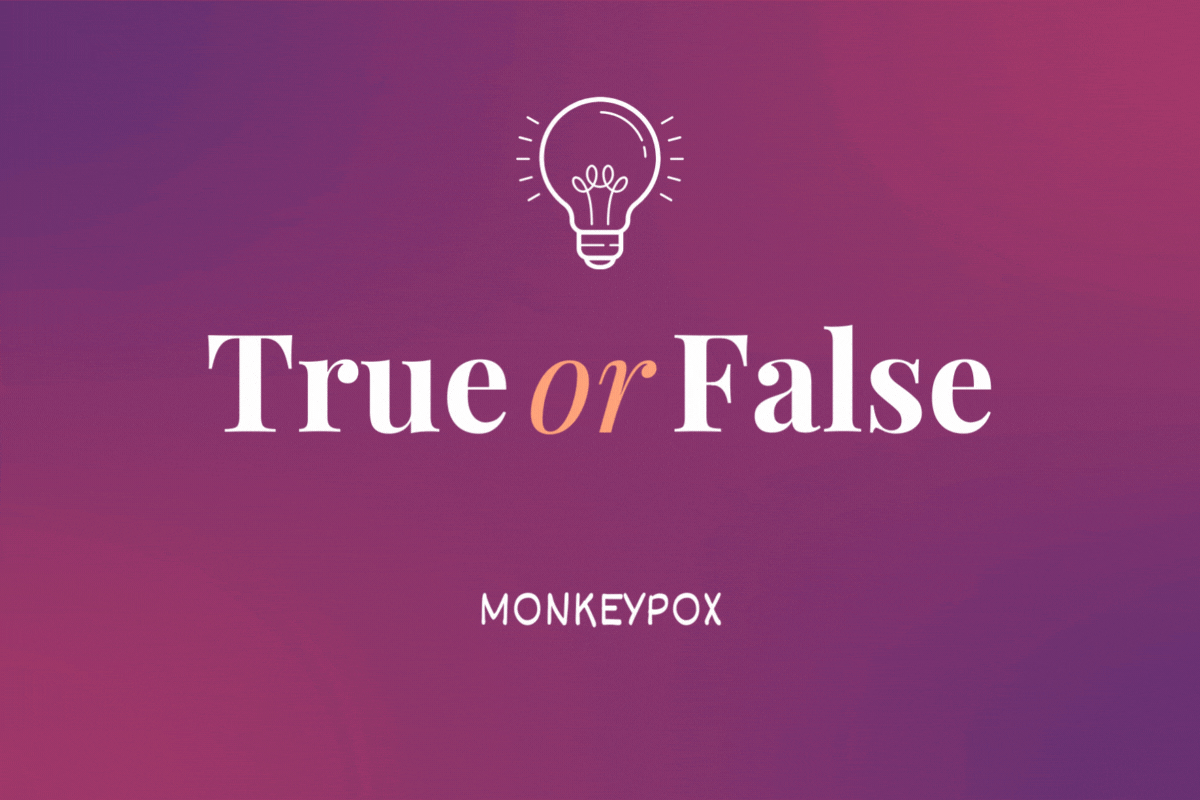With the recent news that health spending is flattening out, my first reaction was to think it was a positive sign that the economy was getting back on track. According to an article I read in this past Sunday's New York Times, "In 2009 and 2010, total nationwide health care spending grew less than 4 percent a year, the slowest annual pace in more than five decades, according to the latest numbers from the Centers for Medicaid and Medicare Services."
But then it didn't take long for other thoughts to creep in: why, exactly, are people cutting back on health costs? And what would it mean to their own future health? The article's headline calls it a "hopeful" sign, but is it?
A combination of factors—including unemployment and loss of insurance coverage, large-deductible plans, worries about job security and taking time off for doctors' visits or surgical procedures, skipping non-urgent care when money is tight—could account for this drop. And perhaps all this talk about the overuse of many medical tests and procedures has created some warranted second-guessing on the part of the consumer.
The situation will take a long time to play out and clarify. Even some experts don't know whether this new trend will become permanent, or if it's just a sign of the economy. In the meantime, it's imperative we continue to take care of ourselves and protect our health as we age.
Over the past few years, there's been a growth in a new way of looking at caring for your health. Some people are turning to a health coach to manage their health and nutrition needs. Curious about what a health coach is? I was, too.
"Most people who go into health coaching have an interest in health and nutrition. Many of them are already in related wellness fields—personal trainers, massage therapists, yoga teachers, nurses, and even doctors. It's a fast-growing field, and many top doctors are endorsing it as an important career going forward over the next few decades," says Nancy Monson, who is a certified health coach (nancy@creativewellness.us(link sends e-mail).) as well as an experienced and savvy medical writer and author of the new informative and affordable e-book, Creative Wellness.
Q. Why are people entering the field of health coaching?
A. Because there's such a great need. Our population is aging, we have a lot of serious chronic health conditions, and many of us are overweight and sedentary. Our doctors don't have the time we need to get us back on track. It's not that they don't want to help, but rather they only have about seven minutes to spend with each patient. That means they may only be able to order some tests and prescribe a medication. They also can usually only address one problem at a time.
Q. What does a health coach do?
A. A health coach can spend the time to help someone figure out what their personal health and wellness issues are, how they intersect and affect them holistically and help them develop strategies to overcome them, whether it's that they want to lose weight, reduce stress, sleep better or lower the risk of chronic diseases such as diabetes, high blood pressure and high cholesterol. I've worked with leading doctors, nurses and nutritionists on educational projects for other health professionals. I know a lot about nutrition, health, mindfulness and wellness, and I want to share that in a more direct way with people. That's what attracted me to health coaching—it seemed like a natural evolution for me.
Q. Why might people be looking for a health coach?
A. Most people know what they should be doing to improve their health and prevent various diseases—the best diet plan for them as individuals, the right type of exercise—but they may not actually be doing these things! They don't have the know-how; they're confused by all the conflicting information out there and the competing diets, as well as all the studies being reported. A health coach can support them by homing in on the health and diet information that's relevant to them as individuals. They can provide step-by-step tools to create permanent changes for their health and well-being.
Q. What is your personal approach to health coaching?
A. My take on health coaching involves creativity, because that's a big interest of mine. I am an avid mixed-media artist and quilter. As a result, I incorporate fun creative exercises into my coaching program. I help people access their creativity to reduce stress, lose weight, improve their health and increase their enjoyment of life. My motto is "Be creative, be well!"
Q. How often do you meet?
A. Typically, you meet with a health coach twice a month for about an hour. It can be over the phone, via Skype or in person. The program lasts anywhere from three months to six months to longer.

Could a Health Coach Be for You?
Why are people cutting back on health costs? And what would it mean to their own future health?
May 01, 2012
Jul 20, 2020
Nutrition & Movement





